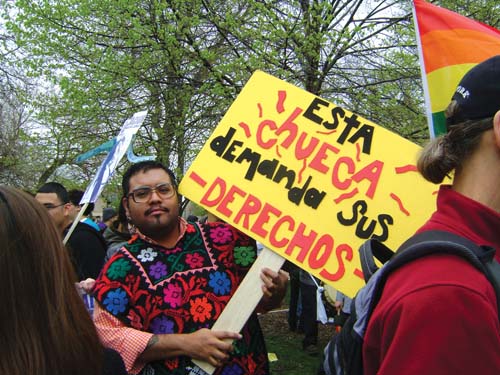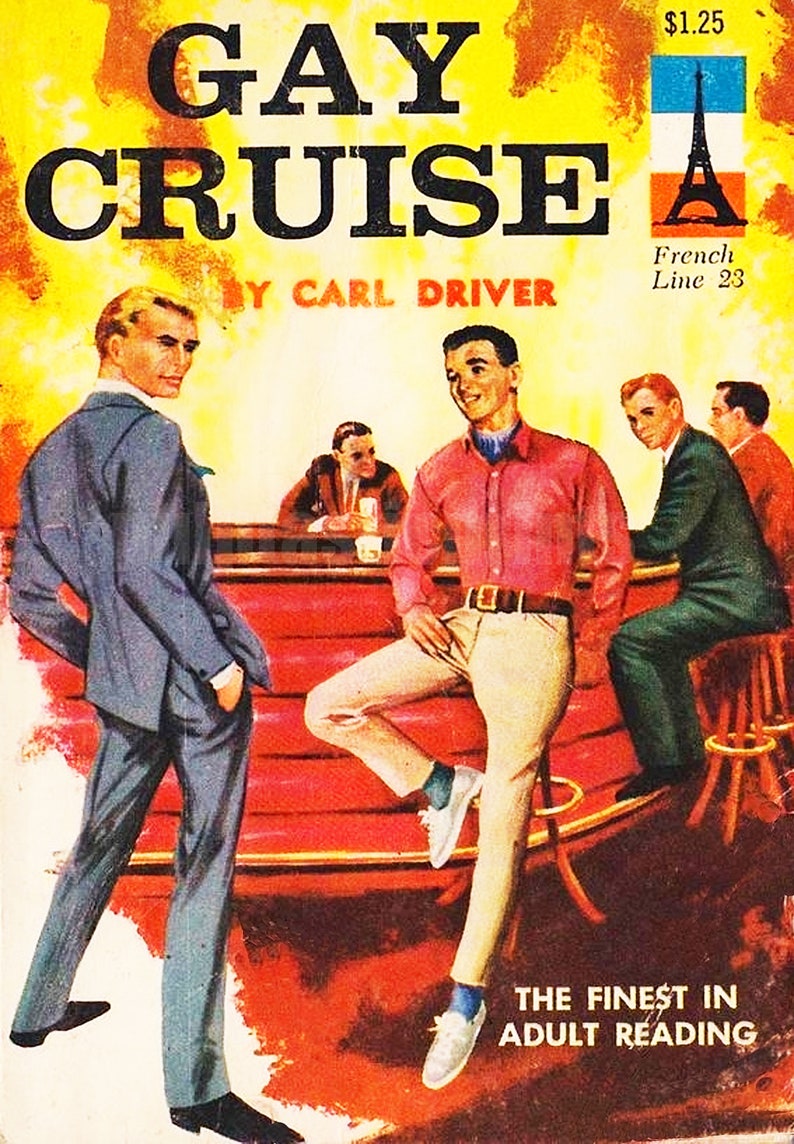Two school students as young as 11 years old recently committed suicide within 10 days of each other after enduring anti-gay harassment. Carl Joseph Walker-Hoover of Springfield, Mass., killed himself April 6 and Jaheem Herrera of DeKalb County, Ga., hanged himself with a cloth belt April 16 after similar taunts. The incidents have created waves of shock and dismay and generated a public conversation about such instances of bullying.
Category: Queer Politics, Culture, and History
The Reagan years defined a new era in LGBTQ organizing. The community struggled against governmental apathy towards AIDS while forging activist communities that demanded resources and health care for those affected by the disease.
For the most part, historians have paid attention to LGBTQ activism in this decade by focusing on the two coasts. However, Chicago witnessed its own efflorescence of intense activism in this decade, and a May 7 Out at CHM (Chicago History Museum, 1601 N. Clark) panel entitled “surviving Reagan” provided a glimpse at the work of some of the city’s queer activists. The event was moderated by Jennifer Brier, assistant professor of history and gender studies at the University of Illinois at Chicago, and the author of a forthcoming book on the politics of AIDS from 1980 to 2000.

This year’s May Day celebration came at a time of both hope and uncertainty for both LGBTQ and straight attendees. With an Obama administration in the White House, there is hope for substantive changes in policy among labor organizers and immigration activists. But this year’s rally came in the midst of an outbreak of “swine flu,” later dubbed A(H1N1) by the World Health Organization. Since this particular strain is reported to have its origins in Mexico, and because Chicago’s annual May Day march has effectively become an immigrant-rights march, concerns about contagion caused initial uncertainty about whether or not the event would even go on.

Dawn Turner Trice’s recent Chicago Tribune article, “Gay rights battle puts strain on parties,” has created a stir. Trice noted that Geno Zaharakis of Cocktail, a gay bar at 3359 N. Halsted, does not allow bachelorette parties. Neither does the popular nightspot Sidetrack (next door at 3349 N. Halsted) , co-owned by Art Johnston, who was quoted in the article. The story disrupts the popular mythology about the bond between gay men and straight women, and it shines a new spotlight on the gay-marriage movement, which has seen significant advances. Is the ban a sign of things to come, and what does it tell us about the historical relationship of gay bars to their neighborhoods and their clientele? Windy City Times spoke to the principal people involved and a historian of gay political life.

Chicago’s infamous machine politics is as much the stuff of lore as a reality of Chicago life. Richard J. Daley, most associated with the machine, was mayor from 1955 to 1976. His son, Richard M. Daley, has been mayor from 1989 to the present. Except for a period of 13 years in the interim, there has been a Daley in power since the mid-1950s. The issue of what differences, if any, mark the tenures of the two men has been the subject of several books.



